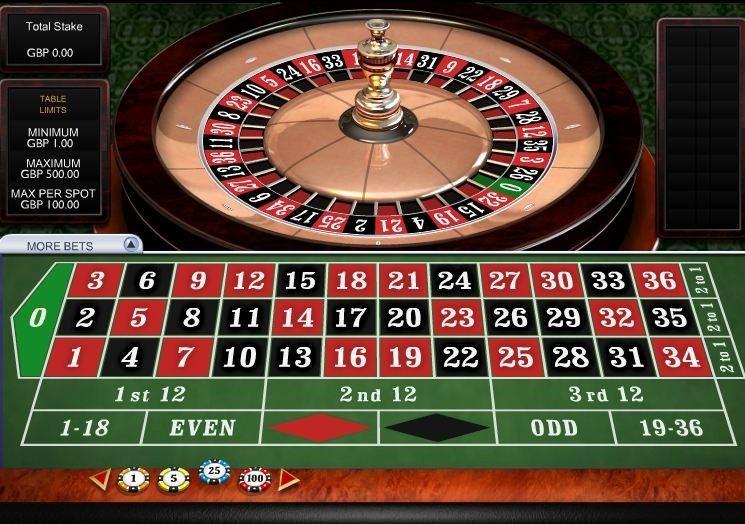In recent years, we've witnessed the emergence of numerous tech-driven games labeled as part of the 4.0 revolution, permeating our television screens and media outlets. In investment circles, a common adage prevails: "Money doesn't appear or disappear; it simply flows from one pocket to another." Indeed, in the realm of gambling, the zero-sum game reigns supreme, where any gains made by one party come at the expense of another, without generating any surplus value for society. Unlike positive-sum industries that create tangible products and contribute to societal welfare, gambling operates in a different sphere. Yet, the allure of monetary gains captivates all who partake. But who truly controls these games of chance? This article win betting tips seeks to unearth the secrets hidden behind the glitz and glamour of online betting.
Registration Guide and Promotions: Before delving into the intricacies of online betting, it's essential to choose a reputable platform for your wagering activities. Registering on a licensed and regulated betting site ensures fairness and security for your transactions. Look for bookmaker reviews that offer attractive sign-up bonuses and ongoing promotions to maximize your initial deposit. Always read the terms and conditions carefully to understand any wagering requirements or restrictions associated with these offers.
1. Why Casinos Always Win: In the realm of gambling, a popular saying among players is, "The house always wins." The "house" here refers to the casino, an establishment not built on philanthropic endeavors but rather as a business model. Like any business, casinos aim to turn a profit, and they do so by ensuring that the odds are always in their favor. In a casino's business model, there are only two possible outcomes: either the player loses, and the casino wins, or vice versa.
As observed, casinos consistently rake in profits month after month, indicating their perpetual triumph. So, what's the secret? Many believe life to be simple, yet every year, countless "gamblers" walk away empty-handed, having lost their fortunes. The reason behind the casino's perennial success lies in their ability to leverage their advantage in every game, no matter how slight. Casinos create games with probabilities that inherently favor them from the outset, ensuring a winning edge.

Expanding on the concept of Roulette, let's delve deeper into how the game's mechanics subtly favor the house. Roulette, with its roots tracing back to 18th-century France, has become synonymous with casino culture worldwide. The allure of the spinning wheel and the anticipation of where the ball will land draw players from all walks of life.
At first glance, the game appears simple. Players place bets on various outcomes, such as the color (red or black) or the range of numbers (1-18 or 19-36). With 18 red and 18 black numbers on the wheel, excluding the green "0," one might assume that the odds of hitting red or black are evenly split at 50-50. However, this assumption overlooks a crucial detail: the presence of the green "0" pocket.
The addition of the green "0" on the Roulette wheel tips the scales in favor of the casino. While players can still bet on red or black, the inclusion of the green pocket creates a slight advantage for the house. When the ball lands on the green "0," all outside bets (such as red/black or odd/even) lose, regardless of the player's selection. This single pocket ensures that the casino maintains a small but significant edge over players in the long run.
Furthermore, the payout odds offered by casinos do not reflect the true probabilities of winning. For example, a successful bet on red or black typically pays out even money, meaning if you bet $10 and win, you receive $10 in winnings. However, with the green "0" pocket on the wheel, the true odds of hitting red or black are slightly less than 50%. As a result, the house edge is embedded in the payout structure, ensuring that even when players win nigerian betting site, they do so at slightly lower odds than the true likelihood of the outcome.
In essence, Roulette exemplifies how subtle alterations in game design can influence player outcomes while maintaining the illusion of fairness. Despite its apparent simplicity, the game's mechanics are carefully crafted to ensure that the casino retains a slight advantage over players, resulting in consistent profits over time.
2. Why Gamblers Keep Playing Despite Losses: Even after learning the secrets behind casino profits, many fail to grasp the inherent dangers. The issue lies not in the amount wagered but in the volume of each bet, known in investment terms as trading volume. Some are willing to risk $100, thinking, "If I lose, it's just a small amount." However, the reality is far from their perception.
For example, instead of betting $100, let's say Player A wagers $10 per spin on Roulette. In one hour, the Roulette wheel spins approximately 50 times. Over four hours, that's 200 spins. Thus, Player A isn't playing with $10 but rather 10 * 50 * 4, totaling $2000. If the loss rate stands at 5%, Player A would lose $100 (5% of $2000) before realizing it. Casinos also employ additional tactics, such as distractions like attractive hosts or the absence of clocks and windows, to disorient players.
In conclusion, the simple secret behind casino victories lies in their mastery of the probability puzzle they craft from the outset. The dangerous traps leading players to losses involve increasing the volume of each bet or losing control while playing.

